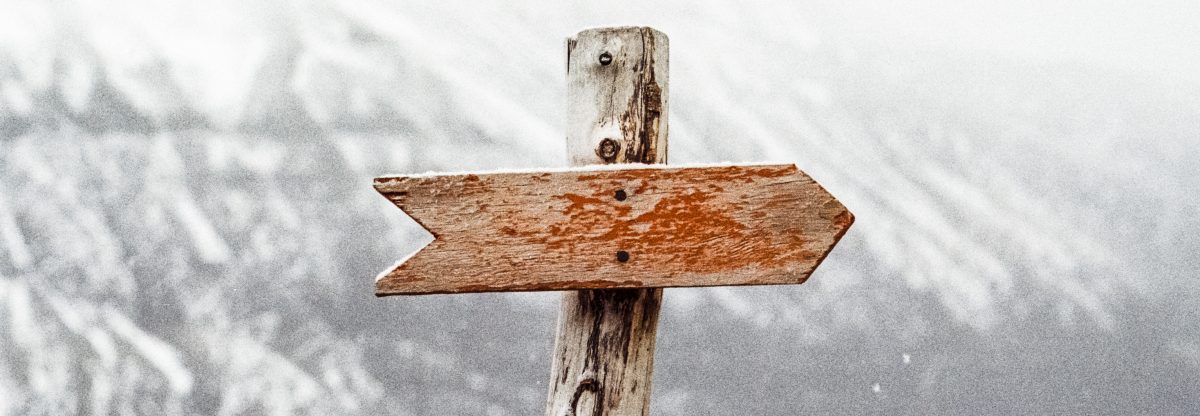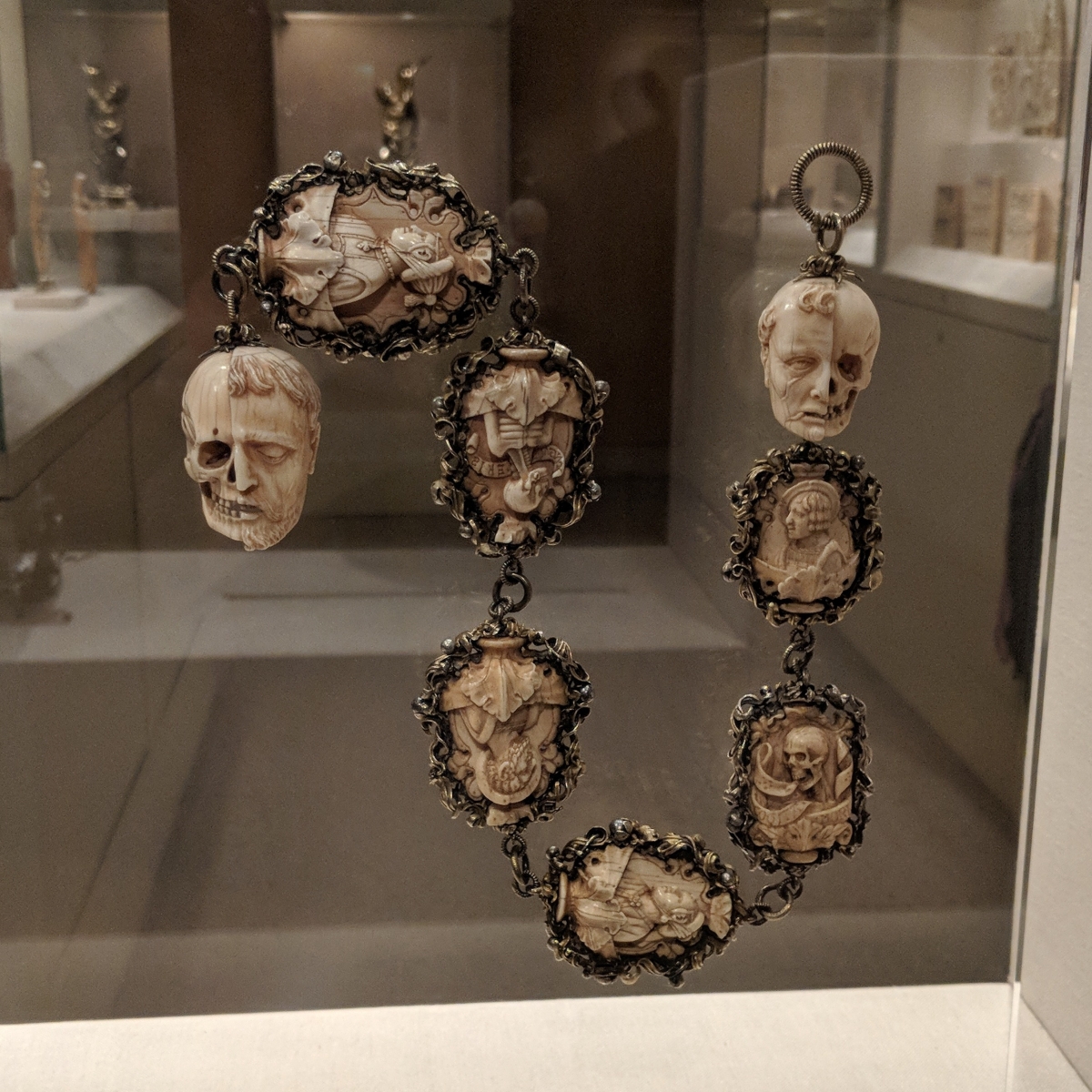I preached this sermon today, Ash Wednesday 2019, at Christ Church, Alameda, CA. The lectionary texts are Isaiah 58:1-12, 2 Corinthians 5:20-6:10 and Matthew 6:1-6,16-21.
It’s been almost seven years since my father died, quite unexpectedly, and one of the clearest things that I remember about flying home for his funeral was the shock of seeing the little black box that held his ashes, and looking in at them, and realizing that, physically speaking, this was all that was left of a man who had been so full of life and humor and compassion. And how surreal it was that the man who cradled me in his arms when I was a baby, I was now cradling in my arms as a box of dust. It defies my comprehension, even to this day.
And I was, then (and often still am), tempted to say—as I think we often do when someone dies—no, he’s not in there. This box of ashes is not actually him. This little box can’t contain the man whom I loved and admired, a person who lived so deeply, so fully, and so well. I am tempted to say these ashes are nothing but a shell, that they have nothing to do with that person. And yet…I took those ashes home with me, and for the longest time I would take them out and look at them, and I couldn’t let them go.
Why is that?
I ponder the same thing when I walk by columbariums like the one here in Christ Church, which holds a lifetime’s worth of love and memories in each quiet chamber, with a name engraved on the front. We stand before these rows of names and ashes, and we ask, “where are you? are you here in these chambers? Are you in my heart? Are you in a place beyond this place, somewhere I can’t even begin to imagine?”
The dust of our loved ones gives no answer to these questions. They rest, silently, like those ancient ruins mentioned in Isaiah, the foundations of many generations, placed lovingly in columbariums and cemeteries, scattered across land and sea. But while the dust does not answer us, it does bears witness, both to our own impermanent bodies and to our enduring bewilderment about what becomes of us, when we are no longer *this*. The Psalmist says, “God remembers that we are but dust,” and on days like today we try to remember that too, even as it remains inconceivable that all of our vitality and memory and longing could be so shockingly reducible, so small and earthbound.
But as inconceivable as it might be, we can’t seem to escape the dust. As much as we might like to, we can’t shake it off. We are drawn back to it, over and over again, because we know, intuitively, that whatever happens after death, this dust that was once our flesh somehow still matters. It is not easily forgotten or discarded.
I bring up this meditation on flesh and dust so that we might deeply consider the meaning of these ashes we are about to receive, and the fullness of what they symbolize. Too often in our tradition they are treated only as a sign of death or penitence, and we wash them off later in the day and move on until next year. If we leave it at that, I think we miss something beautiful. And this is especially important because our scripture readings warn us against practices of empty, unexamined piety.
Isaiah, for example, tells the people that true humility and repentance is found in loving each other, not just putting on sackcloth and ashes. And in the Gospel of Matthew, Jesus says that fasting and praying should be about an intimate connection with God, not a big gesture to show off to our neighbors. These texts starkly reject showy displays of piety…on the very day that we receive big dark smudged crosses on our foreheads and wear them out into the world.
So we must reckon with the significance of what we are doing here today, Ash Wednesday, to articulate why these ashes–and those ashes in the columbarium–matter, and what all this talk of ash and dust conveys, not just about the tradition of the church, but about our lives.
Our faith, as we often say, is Incarnational. That word, incarnate, literally means “into the flesh”. We affirm that God came into the flesh, human flesh, and lived among us as Jesus of Nazareth, himself a mortal man of dust, and somehow in our union with Jesus, God seeps into our dusty flesh, too. Through Jesus, the love of God has not just redeemed a “spirit” or “soul” within us, but has permeated our very bodies; we are like that watered garden of which Isaiah speaks, drenched in God, nourished by the spring whose waters never fail.
And this incarnational movement of God into our unremarkable flesh reveals something crucial about the language and symbol of Ash Wednesday: that this dust of which we are made—it MATTERS to God. The dusty remains of our loved ones, which seem so far removed from who they once were—they MATTER to God, too. Our bodies, mortal as they are, all matter to God, because they are caught up in the divine story of God, the divine story that is revealed and enacted in our bodies, in relationship with one another.
We might be made of dust, but it is beloved, holy dust.
This dust makes up the fingers that we use to caress the face of our beloved;
This dust makes up the eyes that behold our children and grandchildren for the very first time;
This dust makes up the ears that we use to listen deeply to one another.
These small perishable parts of us MATTER to God, they are part of God’s indwelling in the substance of creation, and they tell a story of the goodness of being alive, of being human, of being part of one another.
From this perspective, the ashes we wear today are certainly not an empty act of piety, and they are far more, even, than a mark of penitence. They are a reminder–an affirmation–of what it means to be that which we are: a body that is at once dying and yet imbued with eternity, at once broken and yet redeemed by love. A body, as Paul says, which appears as having nothing, and yet possesses everything.
When I receive the mark on my forehead today, I will remember my father, whose ashes I finally let go and scattered into the ocean about a year ago, so that the dusty remnants of his kind eyes and his quiet smile might be carried on the waves, to dwell with God in the uttermost parts of the sea. With this smudge of ash, I am anointing myself with the dust of his memory, and with the conviction that his mortal life, his mortal body—and mine, and yours, and all the people who have come before us—will always matter to God. We are beloved, we are not forgotten, even when we become the silent dust, even as we wait, in hope, through the quiet season to come.

